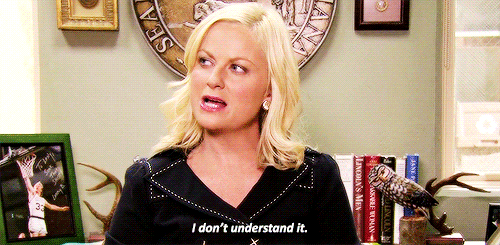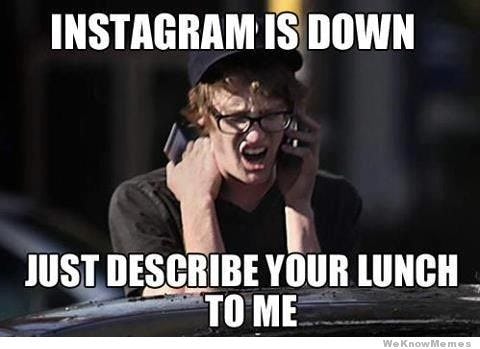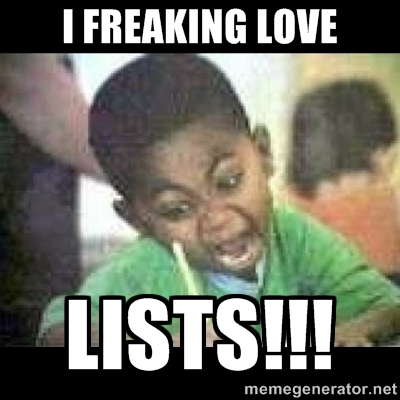As I am finally coming to a close on my three months of research on mental health issues amongst college students, I wanted to do a little post to share why I believe depression awareness is so important in college. After researching the correlates of depression in college students and learning about the alarming increase of mental health illness rates, I now realize how urgent it is to spread awareness.
I know there may be a lot of you out there that think you would never have depression or that there is no way one of your friends has ever been depressed, but the truth is, it is a lot more common than you think. The stigma surrounding depression is real and it is time it ends.

Source: CCAA
Many people think that depression is something that you can just snap out of or that the its just an excuse to be lazy. In reality, depression is a chemical imbalance in the brain. In order for the person suffering to get better, they have to be treated and if they aren’t, it can get even worse. The problem with the stigma is that its causing students who are showing signs of depression to just brush them off. People are embarrassed to get help because they think that it will make them seem weak or unstable if they are diagnosed with a mental disorder. Unfortunately though, the ones who don’t end up getting treated might end up as the ones who commit suicide later on. This is why it is so important for us to end the stigma and show students that it is okay to not be okay.
If you are suffering from depression or any other mental illness, you are not alone. We need to all come together and support those in our community who are struggling. I truly believe that the only way we can fix this problem is if we all come together and work to promote mental heath and look after our peers. After spending so much time researching this topic, I have become dedicated to spreading awareness. I want to do my part in helping those with mental illnesses because I know what it is like to suffer and I never want anyone to go through it alone.

Source: nfmmc.org













